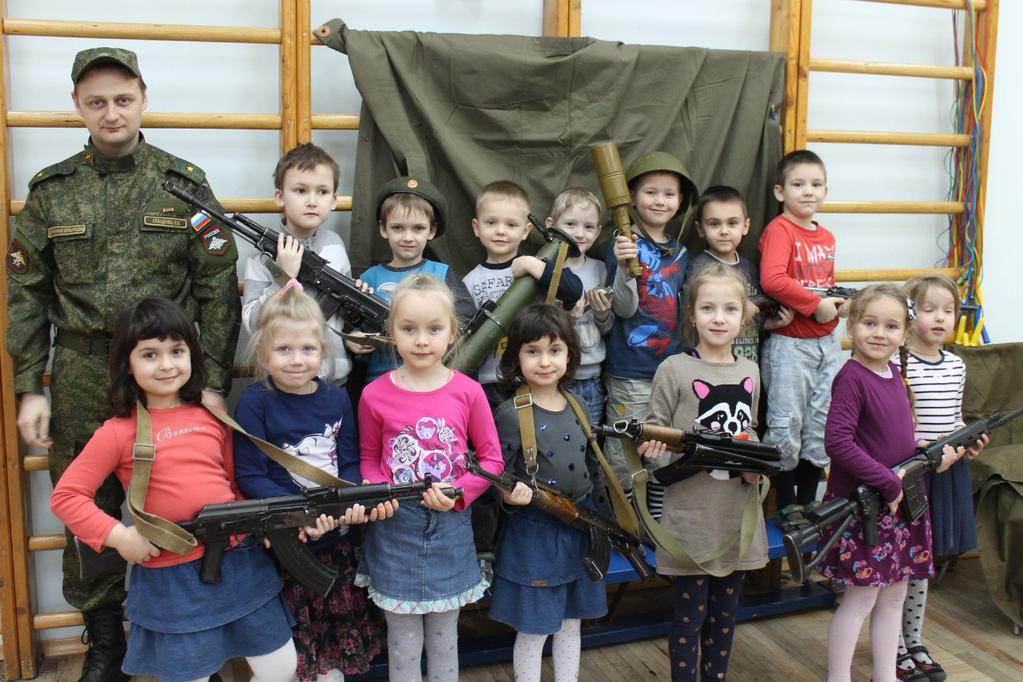Russian propaganda can be classified into three broad categories, and until recently, only the last contained aggressive messages, Kseniya Kirillova says. But now things have changed, and Moscow has inserted aggressive notions in the other two as well, an effort to mobilize a population increasingly alienated from the regime.
The US-based Russian analyst describes both the three main kinds of Russian propaganda and the way that each has changed. And she points out that behind this aggressiveness in propaganda lies an effort to justify more aggressive repression against the regime’s opponents.
The first kind of Russian propaganda contains “disorienting content, directed at discrediting the notion of truth as such,” Kirillova says. Its message is not inherently aggressive but rather is intended to make people suspicious of everything they hear and thus unwilling to accept anyone’s arguments or even facts.
The second kind features defensive content and promotes the idea that Russia is “a besieged fortress surrounded by enemies.” But it too is not inherently aggressive. It calls on the population to defend their system against attack, but it normally does not include calls to respond to these attacks by pursuing aggression against their originators.
Only the third kind, which is centered around “aggressive content,” has done that in the past. For example, Moscow has called for the destruction of Ukraine and responding to any attack by carrying the battle back to those responsible for launching it.
This shift is most clearly seen in propaganda involving “disorienting content.” It now argues that the source of any criticism of the powers that be is “the result of ‘a special operation of the West’ and therefore is false by definition;” and it is designed to create the impression that “the main source of fakes is not the [Russian] powers but their opponents” who thus must not be believed.
That justifies information wars, attacks on Russian journalists, and attacks on the West as well. In this way, Kirillova continues, “even disorienting content in this case is being reoriented to include calls for aggression and is only a subtext for attempts to draw the population to anti-Western propaganda” and to support for the idea that the enemies of the state must be destroyed.
Similar changes have occurred in defensive propaganda messaging as well, she says. Now the defense of the state does not end with a call for vigilance but rather a call for action. There is good reason to think, however, that this shift is in some ways an act of desperation by the authorities who can no longer count on the population to accept what they say.
Read More:
- Russian propaganda’s main message to Ukraine: you’re under “external governance” – study
- Black is white, freedom is slavery, and Stalin’s invasion of Poland was ‘a liberation campaign,’ Russian Foreign Ministry says
- From hybrid war to buying weapons: Belarus as week’s primary target of Russian propaganda
- What is Russia’s real grand strategy? RAND think tank investigates
- Kremlin’s chronic case of Anglophobia: mental war and Anglo-Zionist empire among week’s propaganda narratives
- Moscow planning to slow down Internet speeds to where they were in the 1990s, Grozev says
- Ukraine, Crimean Platform, and the Witches’ Sabbath: this week’s Russian propaganda
- Western sanctions regime must be fundamentally revised because Russia is a mafia state, Gessen says
- Russia to screen propaganda movie about Donbas worldwide. Its protagonist defected to Ukraine
- Putinism is the post-industrial form of fascism, Skobov says
- Kremlin propaganda spreads divisions between Hungarians and Ukrainians by exploiting century-old Treaty of Trianon





